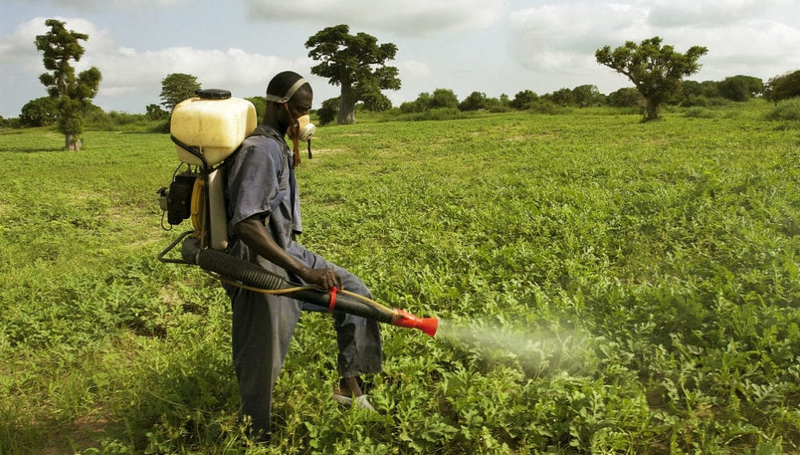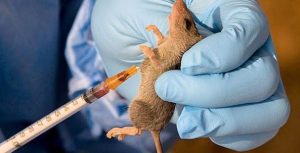
Nigeria faces a critical agricultural crisis as highly hazardous pesticides (HHPs) threaten food safety, export markets, and public health. Experts warn that continuous reliance on toxic pesticides is contaminating crop fields, undermining soil fertility, and causing millions of dollars in export rejections annually.
More than $362.5 million is lost each year due to Nigerian food exports being rejected overseas because of pesticide residues. For example, over 76 percent of Nigeria’s agricultural exports fail safety standards in the European Union. Sesame, a key Nigerian export, faces potential restrictions from Japan due to pesticide use to dry the crop.
Annually, Nigeria imports approximately 23,400 metric tonnes of pesticides, with over 90 percent being highly toxic chemicals such as Paraquat, Chlorpyrifos, and Atrazine — many of which are banned in Europe due to their severe health impacts.
The overuse of pesticides disrupts ecosystems, contaminates water and soil, causes chronic illnesses, and contributes to increasing cases of respiratory disorders, kidney failure, and cancers among Nigerians. More than 20 million Nigerians live with chronic kidney disease, and there are 72,000 annual cancer deaths linked partly to chemical exposures.
Environmental experts advocate for safer alternatives like Integrated Pest Management (IPM) and agroecological methods to reduce dependency on harmful chemicals. Civil society groups including ActionAid and the Health of Mother Earth Foundation (HOMEF) actively train farmers in bio-pesticides and natural pest control solutions, reaching thousands across the country.
The Federal Government, in collaboration with international partners, is also working on phasing out highly hazardous pesticides nationwide, aiming to protect food safety and restore Nigeria’s reputation as a reliable food exporter.
However, enforcement of pesticide regulations remains weak, and porous borders allow banned products to flood the market, creating urgent calls for stronger regulatory frameworks and farmer education.
Farmers describe the negative effects of toxic pesticides firsthand — damaged soils, decreased yields, and health risks — underscoring the need for holistic reforms to safeguard Nigeria’s agricultural future and public wellness.
This grave situation calls for coordinated efforts by government, farmers, regulators, and development agencies to reduce toxic pesticide use and promote sustainable, safe food production.








